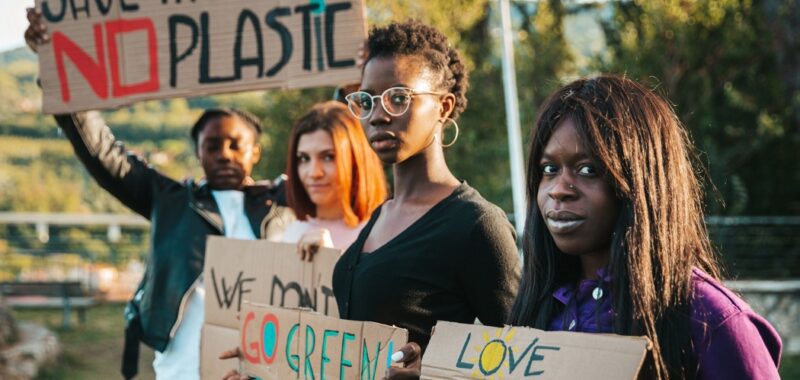An international survey conducted by Ipsos UK for Earth4All and the Global Commons Alliance [1] reports that a majority of citizens and consumers are ready to support political action in favour of the climate.
Carried out among residents of G20 countries excluding Russia, as well as Kenya, Sweden, Denmark and Austria, this analysis confirms the extent to which the world’s population expects public authorities to take action in favour of environmental protection. Specifically, 61% of respondents advocate strong actions to protect the environment.
Gender and regional disparities
Overall, 71% of the 22,000 people surveyed believe that the world needs to take major action immediately in the next decade to bring about change in terms of reduction of carbon emissions. This is particularly true of women, more of whom believe that major action needs to be taken to address environmental issues over the next decade (74% vs. 68% of men). Women are clearly more concerned than their male counterparts about the future of the planet. Indeed, 33% of men consider certain claims about environmental risks to be exaggerated (versus 25% of women), and 62% of women are very concerned about the state of nature today (versus 56% of men).
All in all, 69% of consumers worldwide feel that we are approaching a climate tipping point due to human activities impacting the Earth.
Furthermore, the survey found that people in emerging economies such as India (87%), China (79%), Indonesia (79%), Kenya (73%) and Turkey (69%) feel more personally exposed to climate change compared to those in Europe and the United States.
Awareness is such that a large majority — 72% of those polled — approve of the idea that serious damage to nature should be punishable by law. In Kenya, no less than 91% of the population approve of the idea. Otherwise, people in India (74%), Indonesia (77%), Kenya (80%) are the consumers most in favour of political action to protect the planet.
Footnotes
[1] The survey involved respondents from 18 G20 countries: Argentina, Australia, Brazil, Canada, China, France, Germany, India, Indonesia, Italy, Japan, Mexico, Saudi Arabia, South Africa, South Korea, Turkey, the UK and the USA, as well as four non-G20 countries: Austria, Denmark, Kenya and Sweden.

